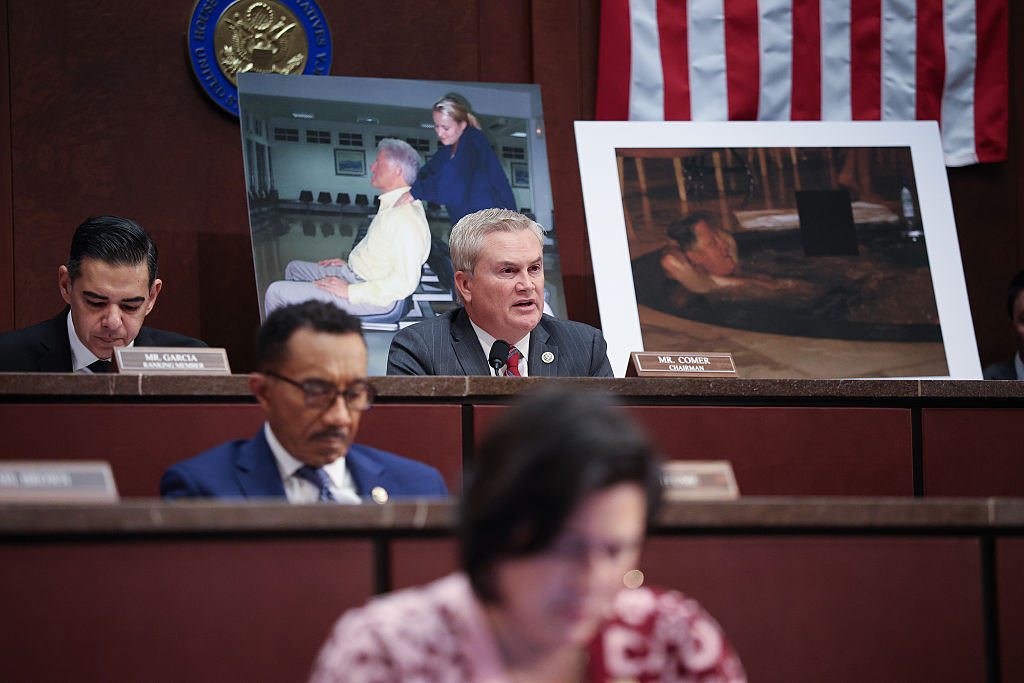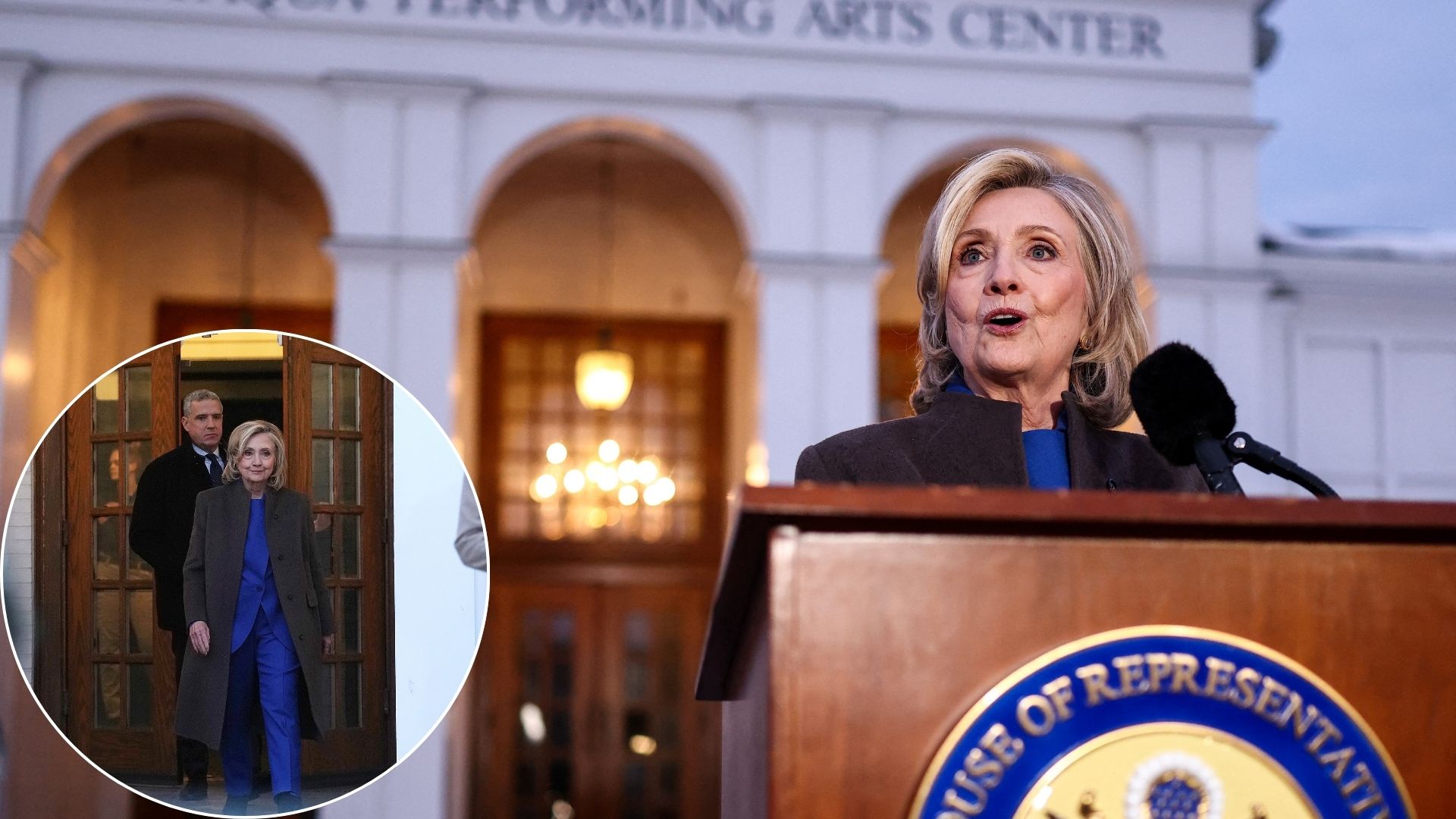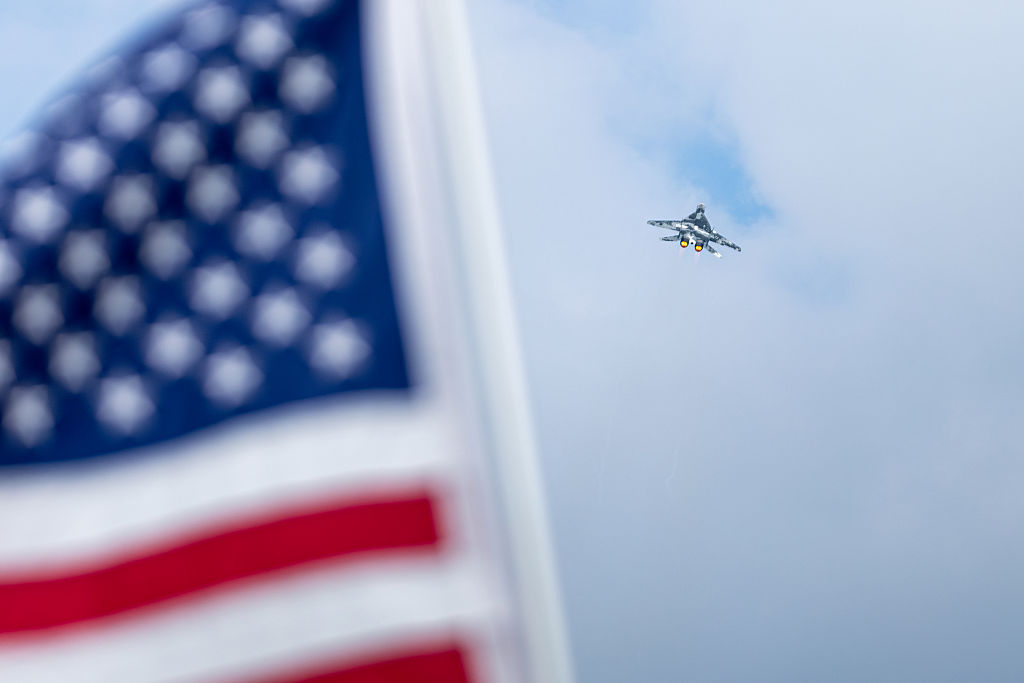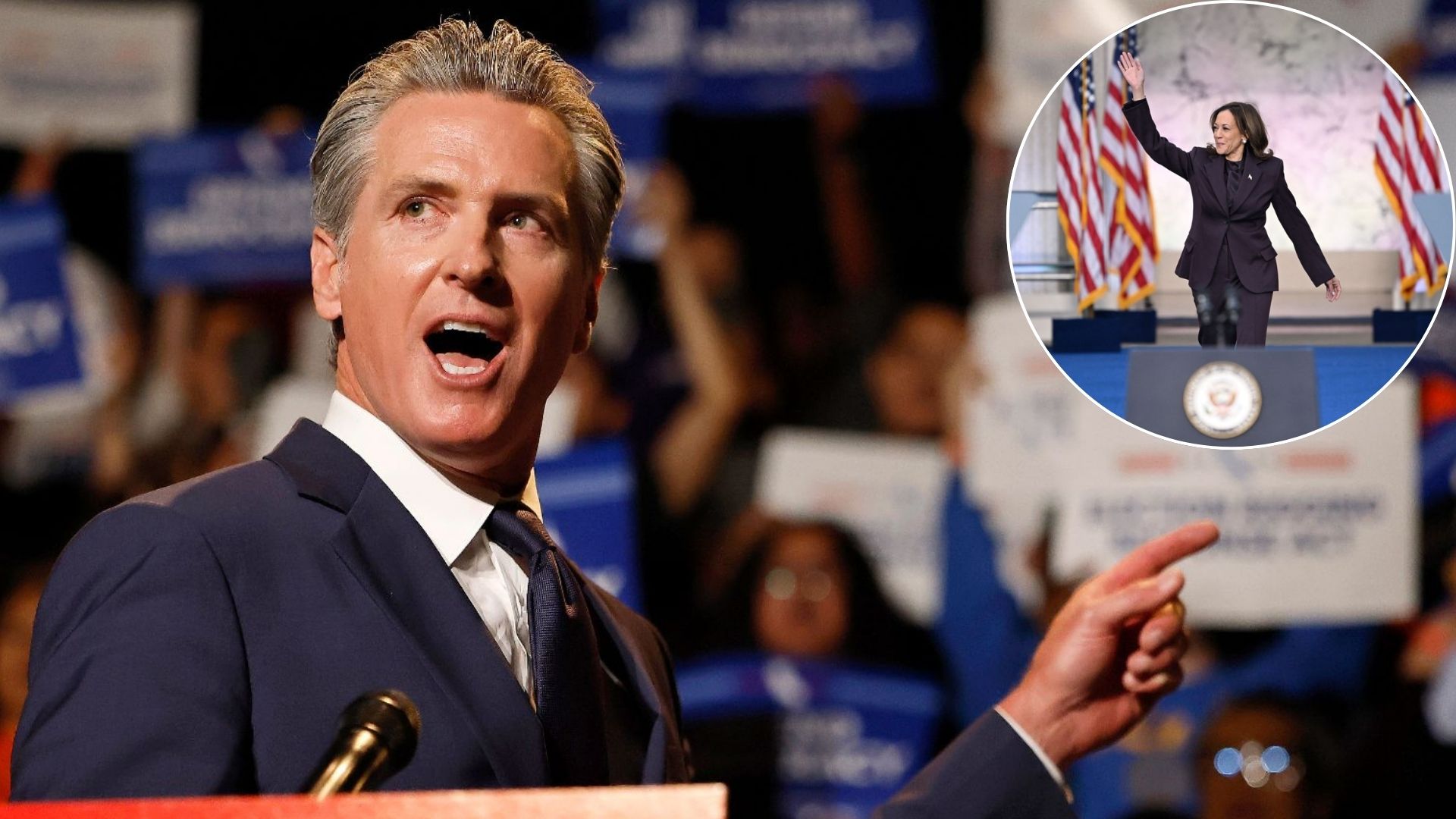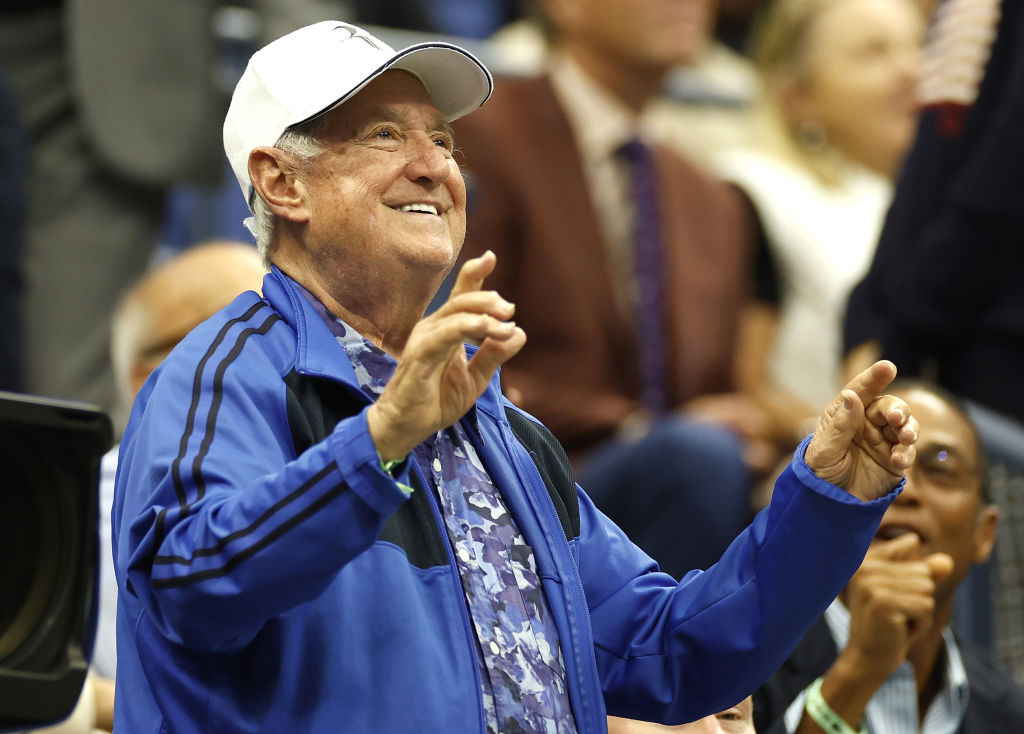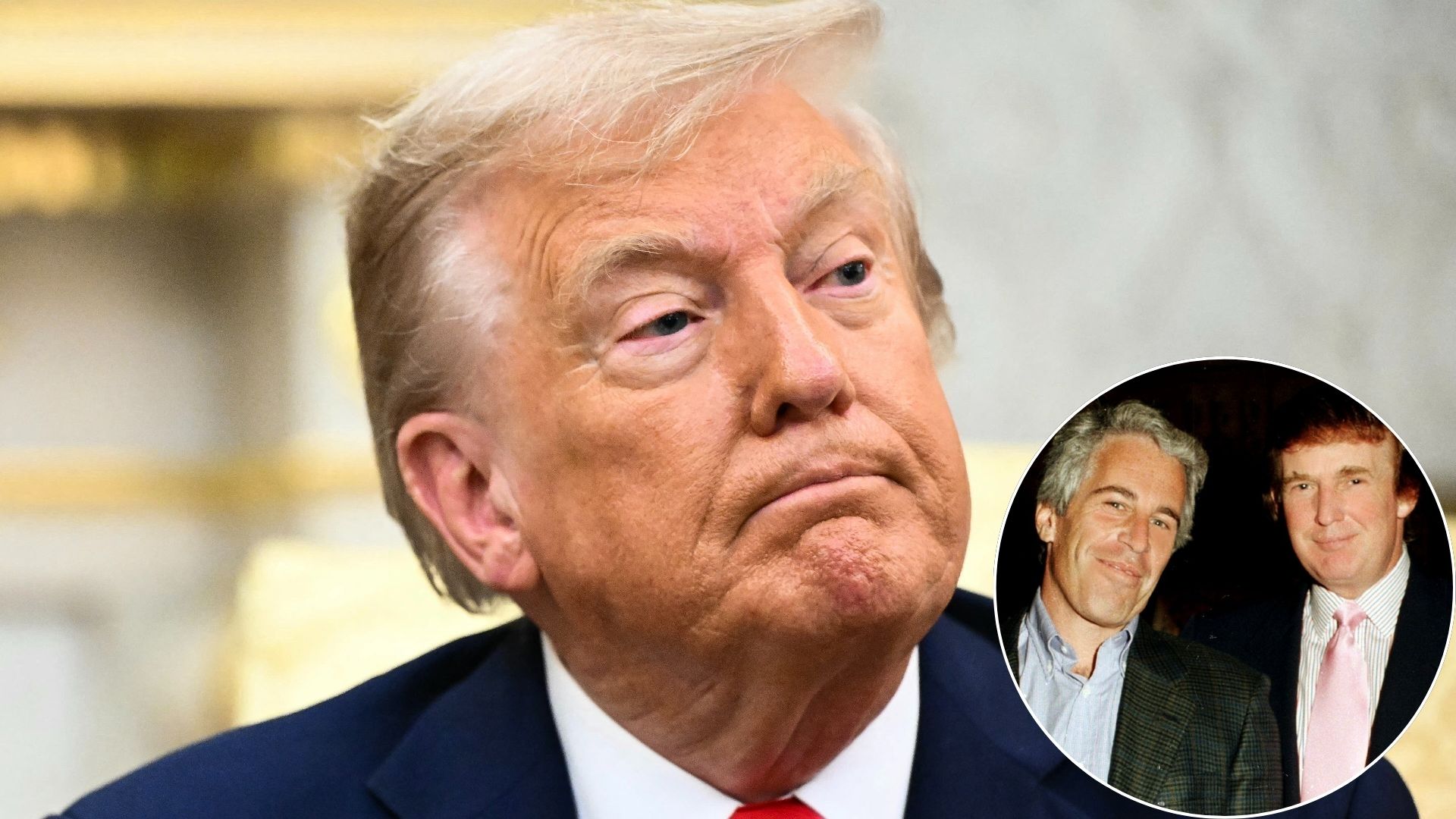
While pressed by reporters, Pam Bondi had only one response to offer: «We will continue to follow the law with maximum transparency while protecting victims.»
A congressional push
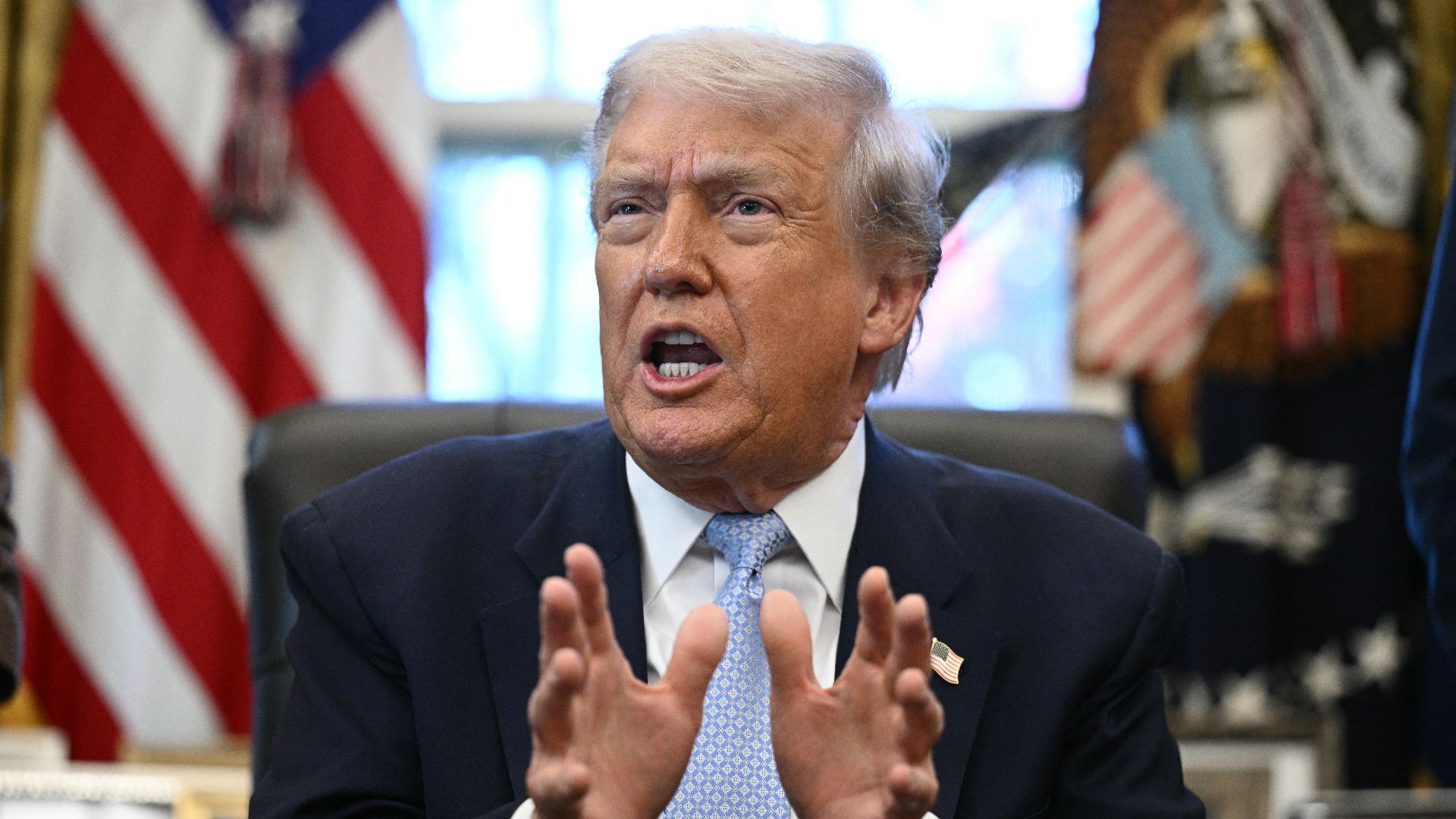
The Trump administration spent weeks working behind the scenes to slow or block a congressional push to force the release of the Epstein files, with Trump repeatedly dismissing the effort as a Democratic hoax and doing everything possible to prevent the documents from coming out.
Within 30 days
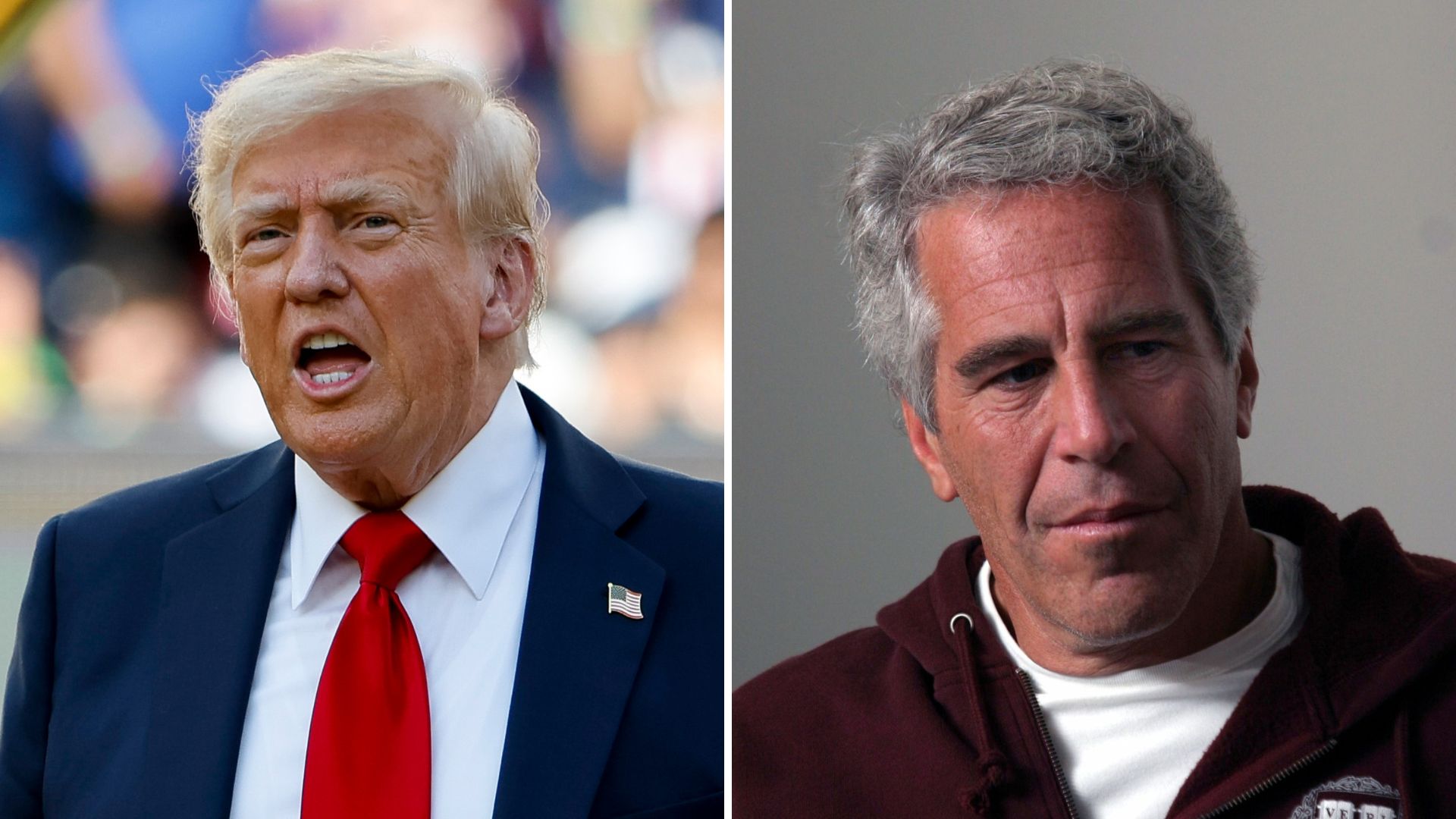
But that strategy collapsed under intense, bipartisan pressure, culminating in Trump signing the Epstein Files Transparency Act, which compels the Department of Justice to make the documents public within 30 days.
The full contents
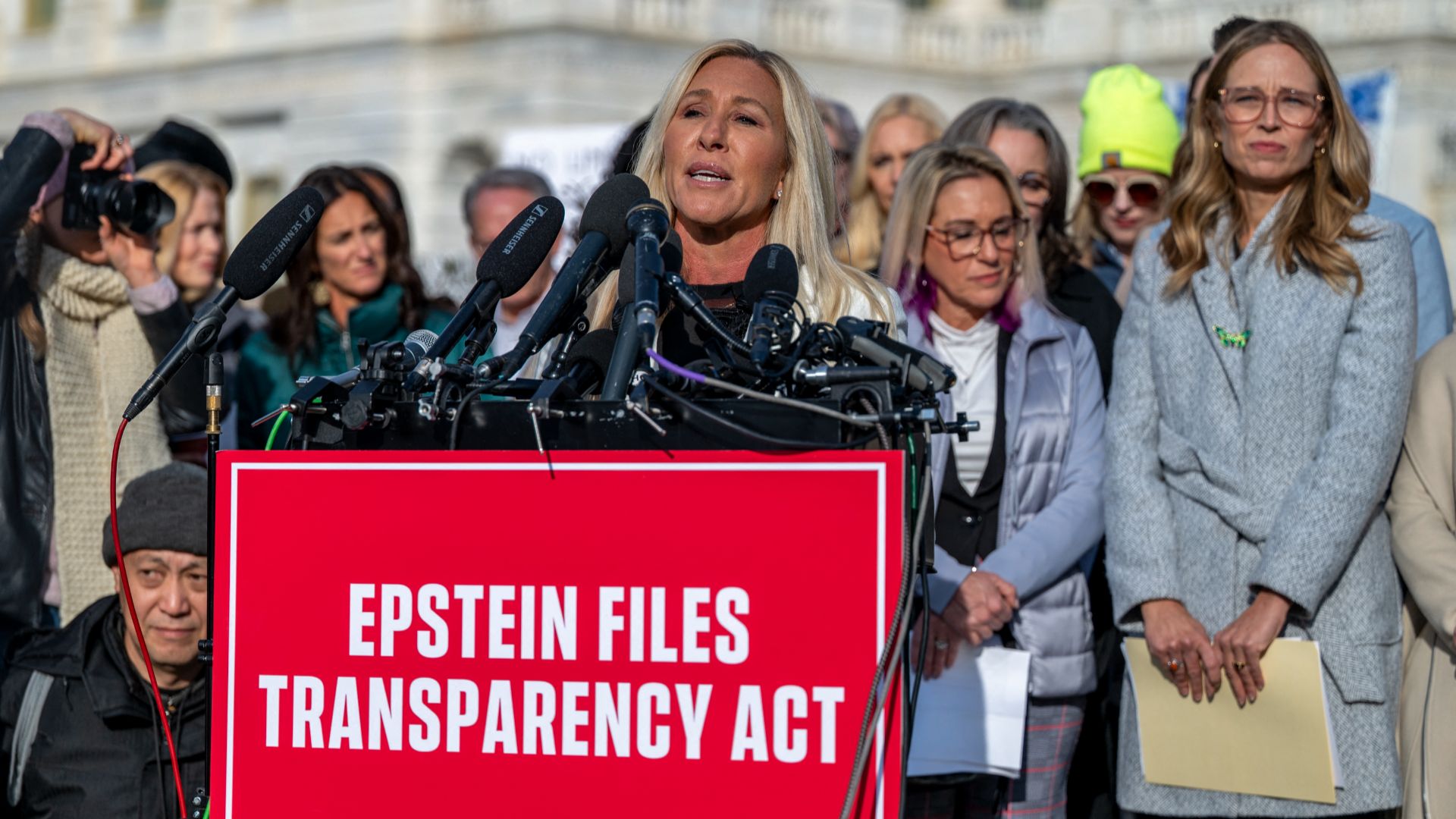
The bill sailed through the House on a 427–1 vote and cleared the Senate by unanimous consent, reflecting rare, near-total agreement in Washington on the need for greater transparency around the Epstein case. Yet despite the sweeping mandate, many observers doubt that the public will see the full contents of the files anytime soon.
Out of view
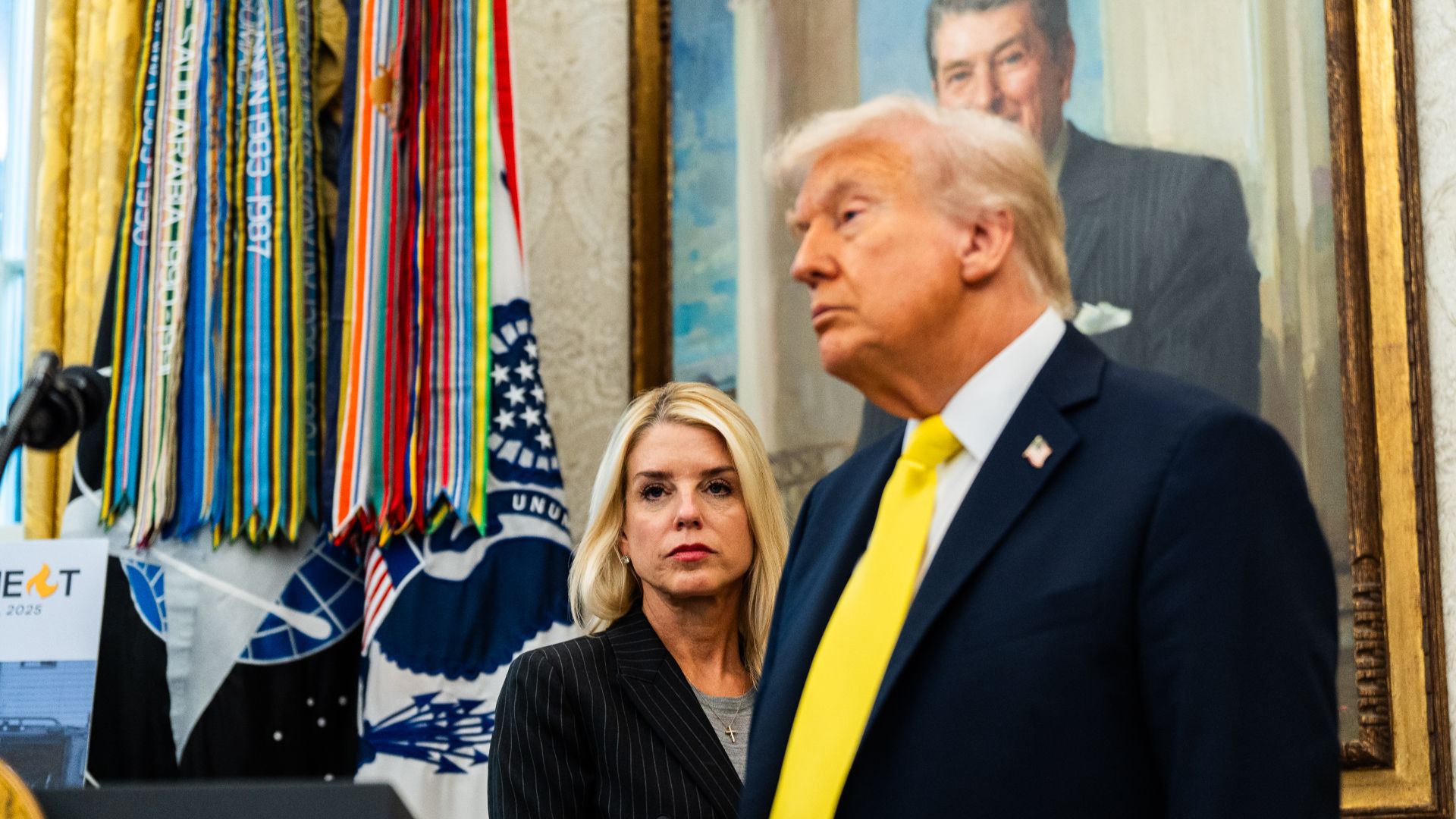
The law allows prosecutors and the DOJ, under the control of Pam Bondi, to withhold or heavily redact material tied to ongoing investigations, classified information, or any information deemed to pose a risk to government security, leaving the Justice Department with significant discretion over what is actually disclosed. Critics warn that these carve-outs, combined with the DOJ’s insistence that most releasable material is already public, could mean that some of the most sensitive records remain out of view for months or even years, even as the clock ticks on the 30-day deadline.
High-profile Democrats
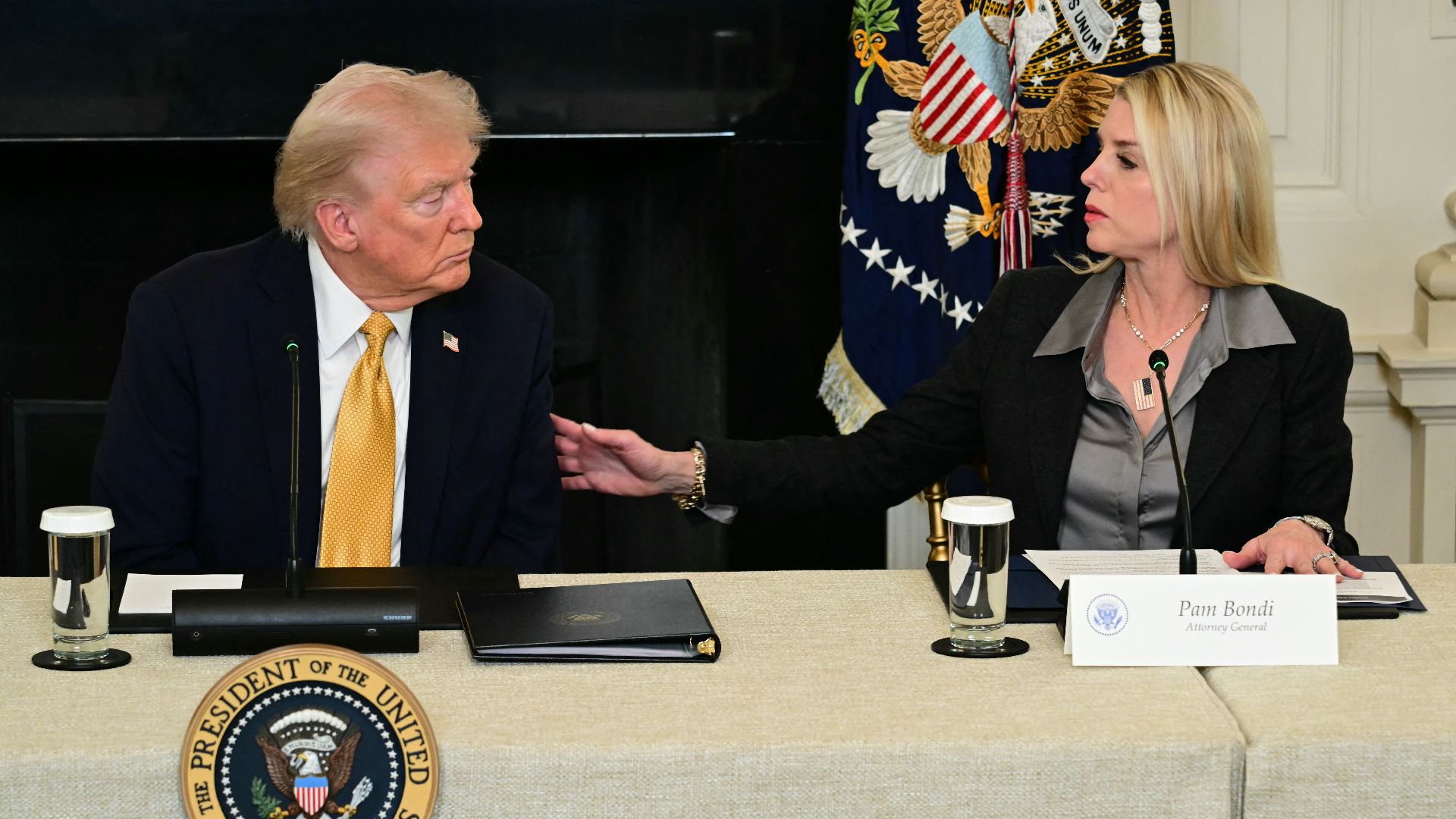
While pressed by reporters, Pam Bondi had only one response to offer: «We will continue to follow the law with maximum transparency while protecting victims.» But in a last-ditch push to block the release of the Epstein files, Trump asked the DOJ to investigate Bill Clinton, Larry Summers and other high-profile Democrats for alleged ties to Jeffrey Epstein. Pam Bondi responded by assigning U.S. Attorney Jay Clayton to lead the investigation «with urgency and integrity».
For years
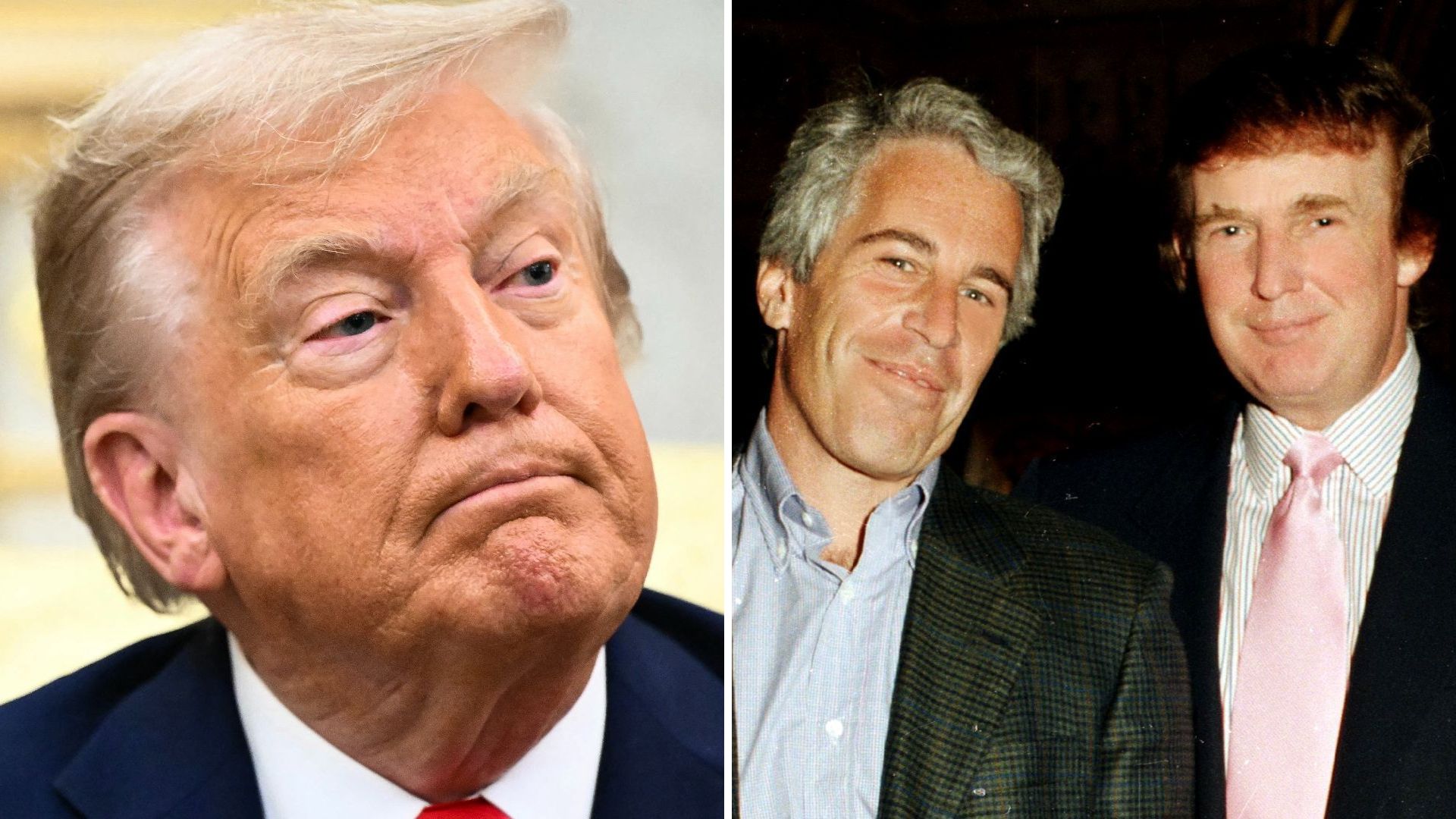
This move jeopardizes the release of the full set of files, despite approval by the House, the Senate and Trump’s final signature, and opens the door to an investigation that could drag on for years before any of these documents are made public.
Speculation
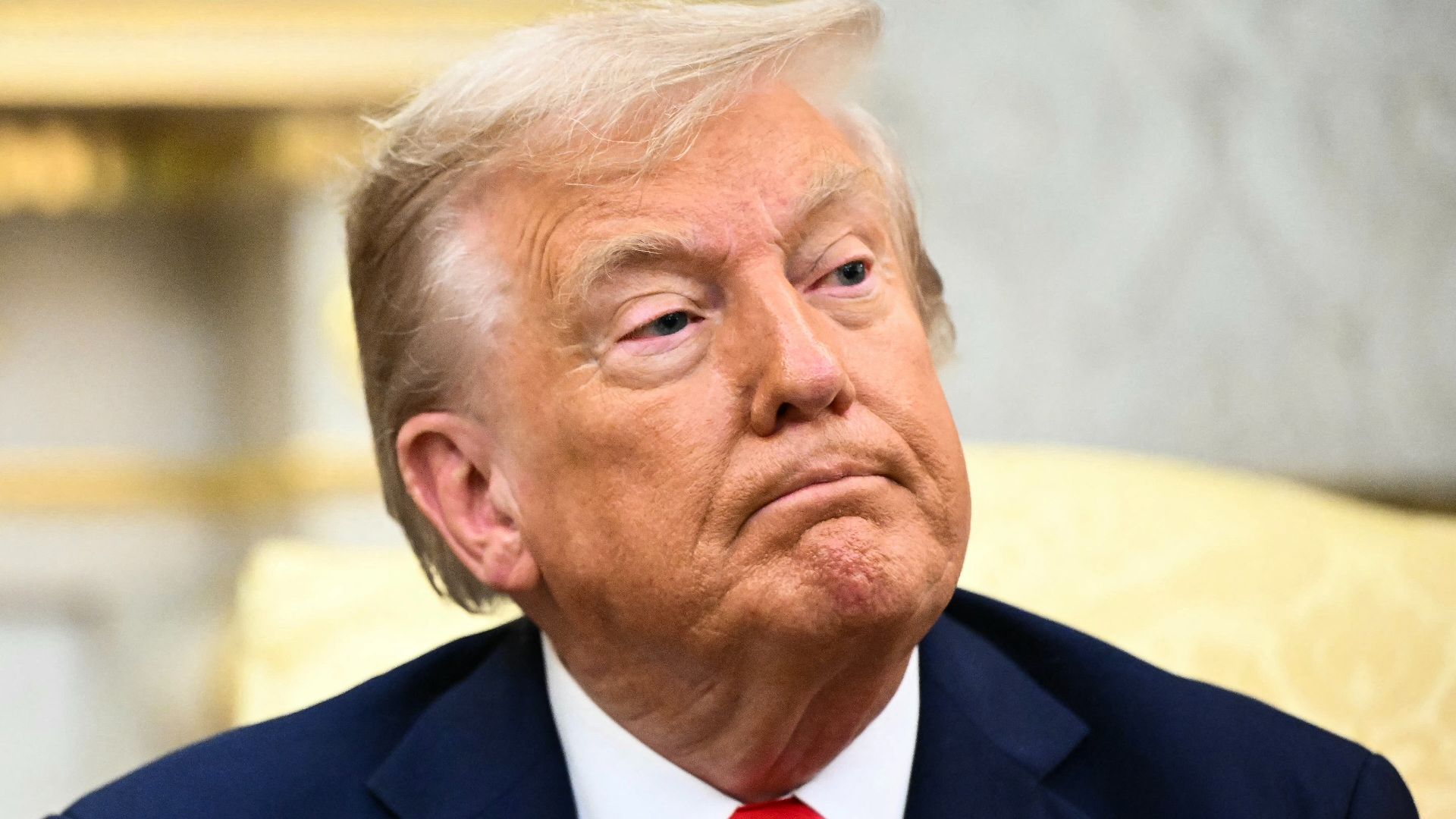
The pressure surrounding the Epstein files has reached a level Trump has never faced before, fueling speculation that the documents could conceal the most explosive presidential scandal in modern U.S. history.
A long time ago
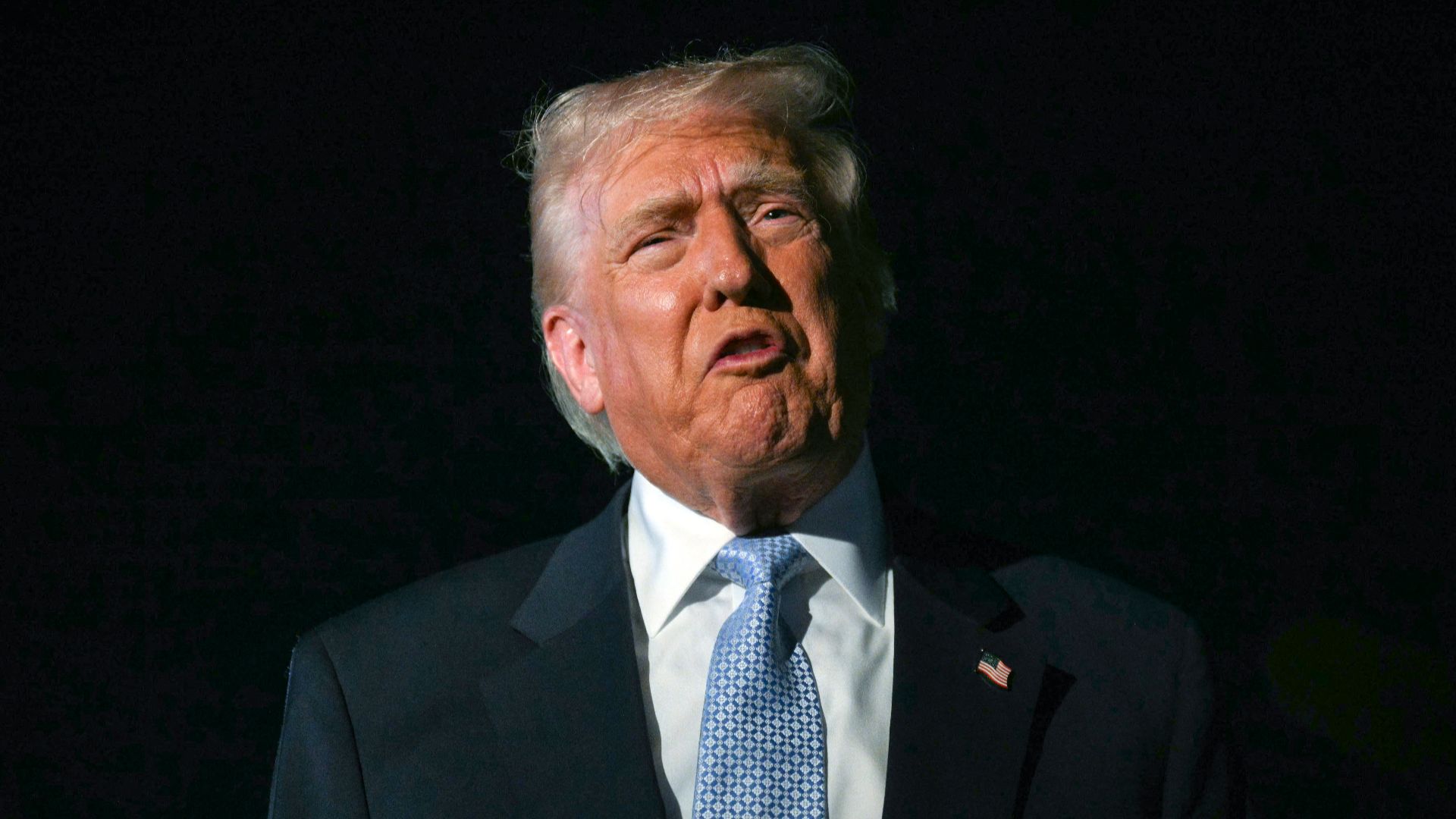
Whether Trump’s signature will ease the public pressure or whether it will continue to build, as it has for months, remains to be seen. For decades, Donald Trump and Jeffrey Epstein moved in the same Palm Beach and New York circles, attending the same parties and appearing together at Mar-a-Lago, before Trump since claimed he had cut ties with Epstein «a long time ago» and was no longer his friend.
Trump’s first presidency
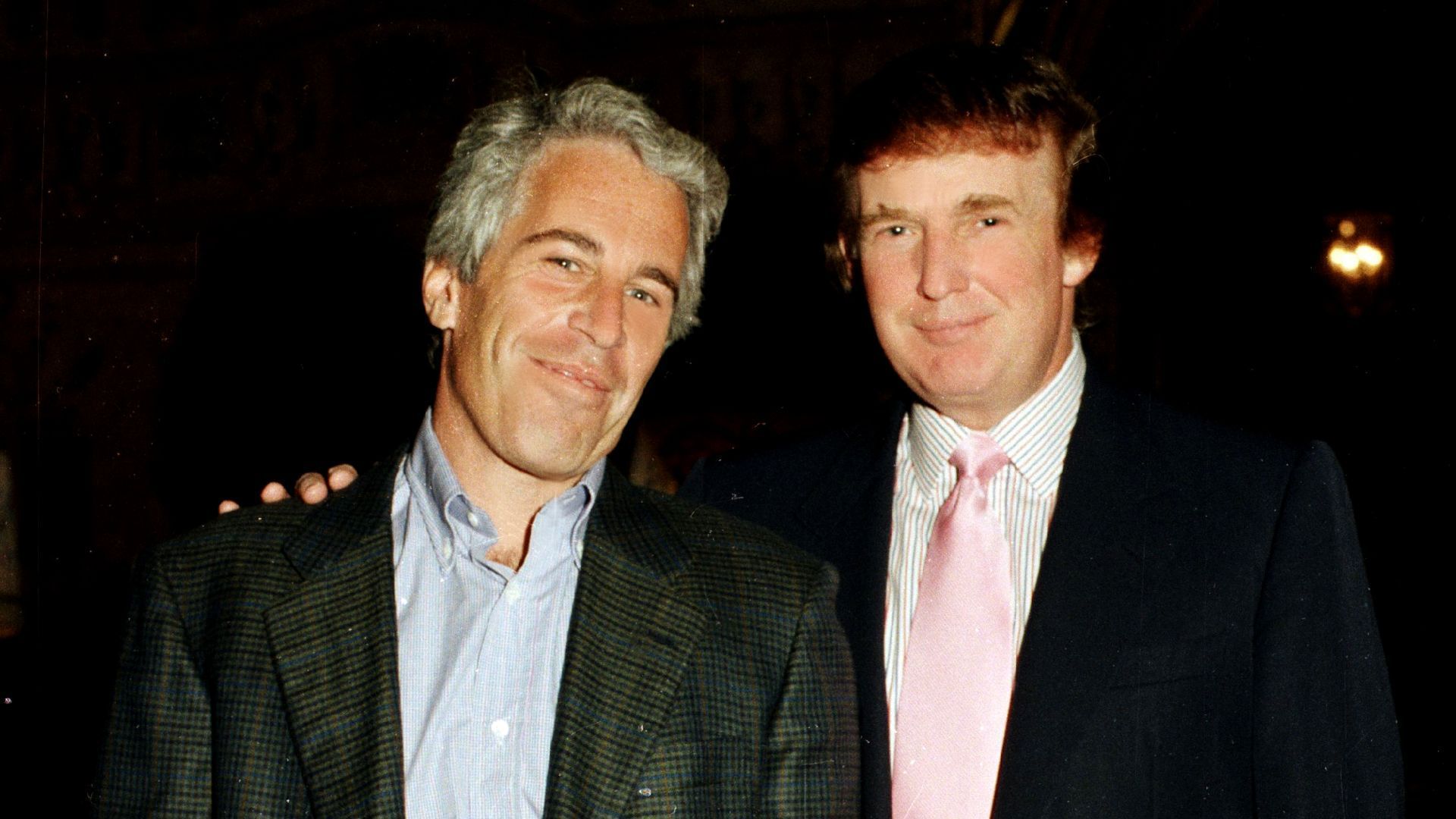
Newly released emails subpoenaed from Epstein’s estate, however, suggest their relationship may have continued into Trump’s first presidency: in a Thanksgiving Day 2017 exchange with modeling executive Faith Kates, Epstein, when asked who else was with him, simply replied: «david fizel, hanson, trump.»

